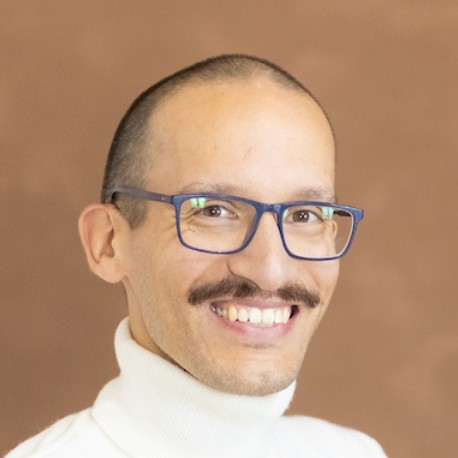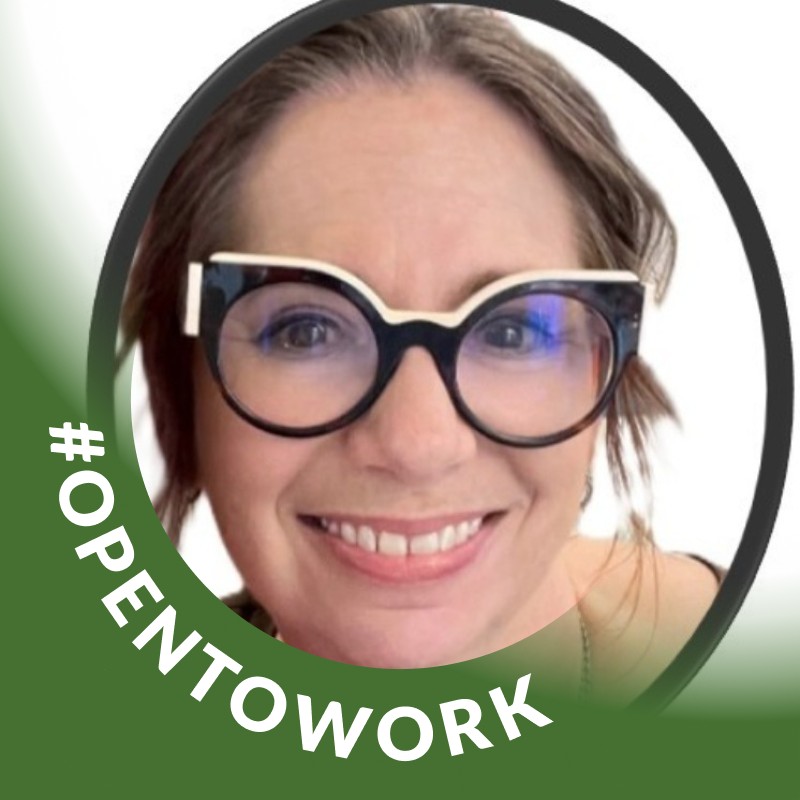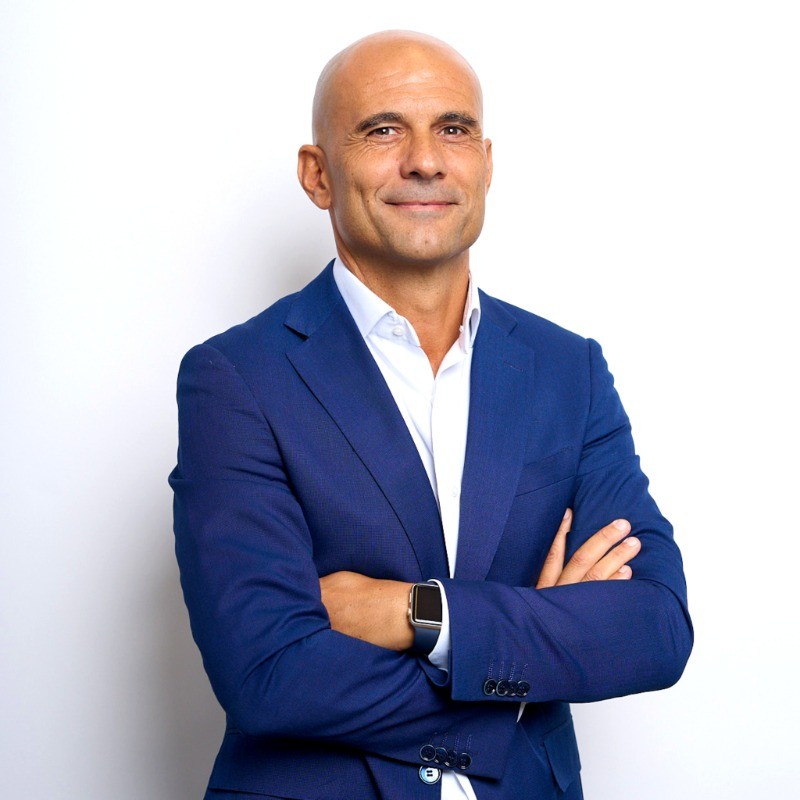Interview with
Leading under pressure

Leading under pressure: an interview with Daniela Pagnini on leadership that reveals, not imposes
CONTENUTO
- How can leaders train authenticity? And how can HR help their teams develop it?
- Is transparent leadership really possible in corporate contexts?
- What’s a practical way to strengthen inner leadership, especially under pressure?
- What does it mean to lead without masks today? And what resistance do you still see?
- If you could leave just one message to HR leaders, what would it be?
«Every HR decision is also an identity act. Don’t just ask what’s right for the company — ask what’s right for you.»
Daniela Pagnini – Business Executive Coach & HR Consultant with a deep perspective on culture, identity, and people development – shared her thoughts on what it really means to lead with authenticity. And why transparency is not the same as overexposure.
How can leaders train authenticity? And how can HR help their teams develop it?
«Authenticity isn’t a trait — it’s a daily reflective practice.»
Daniela starts with a key idea: authenticity needs training. It’s a process of critical self-awareness that links actions to inner values. For a leader, this means asking a tough but essential question:
«Am I acting in alignment with what I believe is right?»
According to Daniela, HR has the responsibility to support this journey by creating conditions where people can reflect, safely and without judgment:
- safe spaces for dialogue,
- group supervision,
- coaching sessions,
- shared storytelling that legitimizes imperfection and frames it as a source of growth.
«Where there’s performance without reflection, there can be no authenticity.»
Is transparent leadership really possible in corporate contexts?
Yes — but, Daniela warns, it’s neither automatic nor neutral. Transparency is a systemic choice and a protected relationship. It only works when supported on three levels:
- Individual: a leader may want to be transparent, but they need inner stability to hold space for vulnerability, uncertainty, and conflict.
- Cultural: transparency only thrives in organizations that don’t punish it.
«Where mistakes are stigmatized, those who speak up become ‘out of role’.»
- Relational: transparency requires psychological safety. An unspoken agreement: if I show up as I am, I won’t be harmed.
«Transparency is not showing everything — but knowing what to reveal, and why.
It’s not saying everything — it’s never faking anything.
It’s not a right — it’s a responsibility.»
What’s a practical way to strengthen inner leadership, especially under pressure?
«The real risk under pressure is not losing control. It’s losing recognition of yourself.»
Daniela suggests a simple but powerful practice:
- Sit down.
- Breathe slowly and with awareness.
- Ask yourself an identity-based question, not a performance one:
“What is the most integrous action I can take right now? Do I recognize myself in it? What does it say about me?”
This combination of breath, grounding, and self-inquiry acts as a somatic and ethical reset. It creates a space where you can choose how to respond — rather than just react.
What does it mean to lead without masks today? And what resistance do you still see?
«Removing the mask doesn’t mean always being ‘yourself’.
It means choosing what to show — with coherence and intention.»
Daniela doesn’t demonize masks — but says they should be used consciously. The biggest resistance? Culture. Many organizations talk about authenticity, but still reward control and conformity.
«Transparency, without a psychological contract to protect it, becomes more of a risk than a value.»
If you could leave just one message to HR leaders, what would it be?
«Powerful is the one who has themselves in their own power.» – Seneca
For Daniela, authentic leadership starts when you stop representing a role and start representing a meaning. Being in your own power means:
- not betraying yourself to please,
- not reacting when it’s easier to explode,
- not hiding when it’s more comfortable to stay silent.
«The leader who holds their own power doesn’t dominate — they guide.
They don’t impose — they expose.
And in that exposure, they offer others the space to do the same.»
Similar posts
Ragione sociale: Pack Srl
Sede legale e domicilio fiscale: Via Marconi 45, Bologna (BO) 40122, Italia
CF e P.IVA: IT04040451207
Codice destinatario SDI: USAL8PV
N. Iscrizione Registro Imprese: 04040451207

.png)














